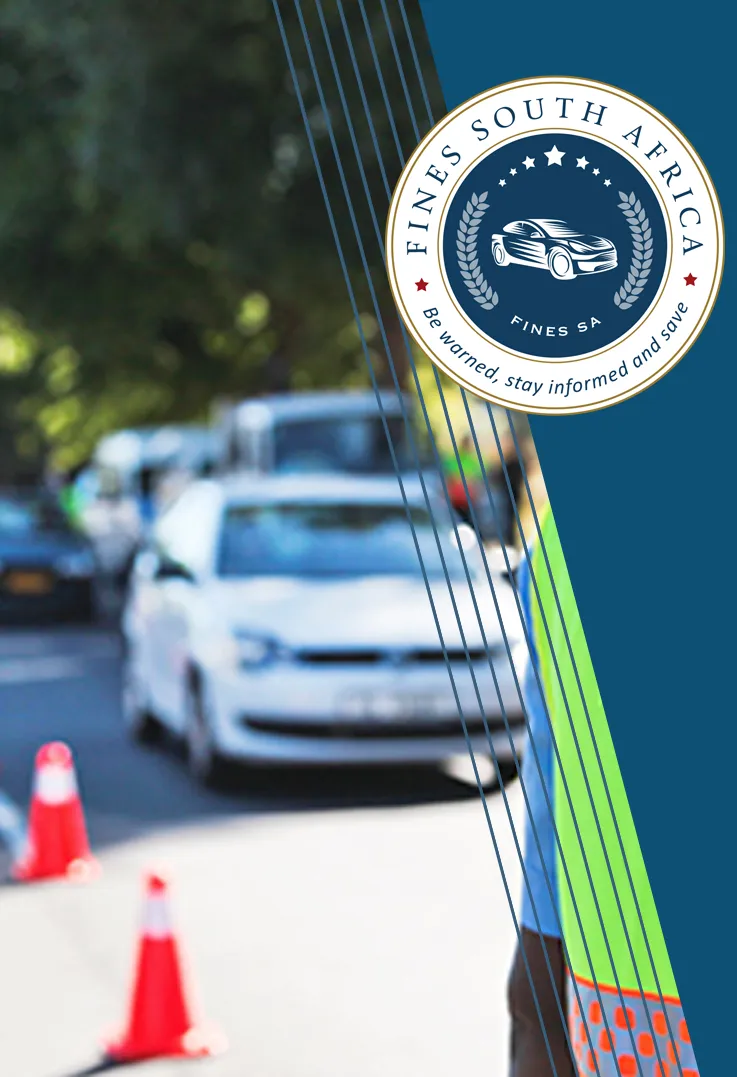What Does AARTO Stand for
The Administrative Adjudication of Road Traffic Offences (AARTO) system is designed to enhance road safety and simplify traffic fine management.
About AARTO, in partnership with Fines SA, offers a seamless solution for paying your AARTO traffic fines online.
Why Sign Up?
With over 30 years of industry expertise, we provide a free and all-encompassing solution for individuals, businesses and fleets to easily check, manage and pay AARTO fines. By signing up, you can save up to 50% on traffic fines and earn money by referring friends and family.
What is AARTO?
AARTO (Administrative Adjudication of Road Traffic Offences) is one of the two traffic fine systems in place in South Africa.
The AARTO Act replaces the Criminal Procedure Act (CPA) in prosecuting road traffic offences which are categorised as infringements (misdemeanours). It is administered by the Road Traffic Infringement Authority (RTIA), which is a state-owned entity funded almost solely by traffic fines. Under this system, motorists receive AARTO infringement notices for traffic offences.
AARTO VS CPA: SA’s Two Traffic Offence Systems
While the CPA system treats traffic violations as criminal offences that may result in court trials and criminal records, AARTO emphasizes the administrative handling of traffic offences and provides a streamlined process for fine adjudication.
AARTO will be introducing a demerit points system from September 2025 onwards, where drivers will accumulate points for offences, potentially leading to license suspension if a certain threshold is reached.
Initially launched in Gauteng, AARTO is currently operational in Johannesburg and Tshwane (Pretoria) municipalities, with plans for nationwide implementation in the future. Read more here
What is the Meaning of an AARTO Infringement Notice?
An AARTO infringement notice is issued when a driver commits a traffic offence. It is the equivalent of a traffic fine.
How do I Check My AARTO Infringement Notice?
You can check for AARTO infringement notices 24/7/365 on the Fines SA platform. Sign up here.
Valued Clients and Partners











